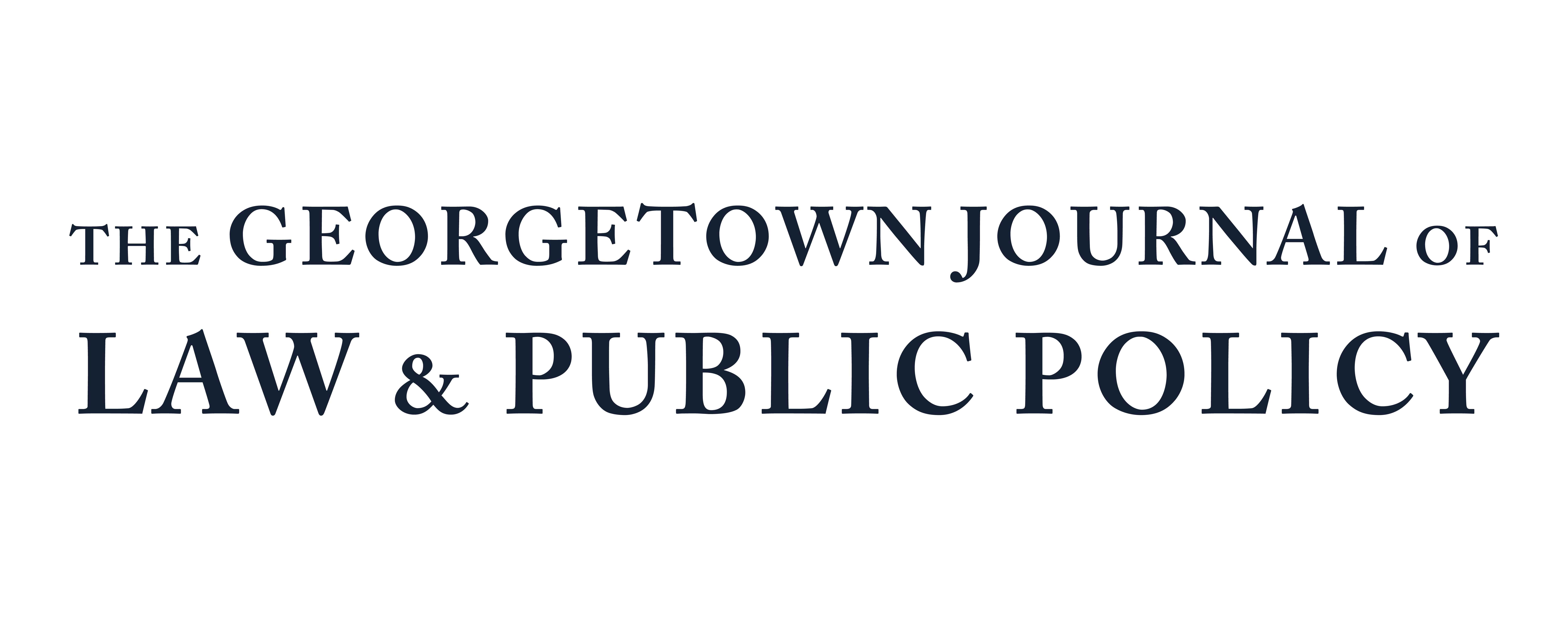Repugnancy and Restraint: A Commentary on Keith Whittington's Repugnant Laws
Keith Whittington’s Repugnant Laws makes the case for a more nuanced understanding of the relationship between the U.S. Supreme Court and political majorities in the American governmental system. His study of horizontal judicial review of congressional statutes reveals that the Justices often construct and further congressional power in the face of constitutional challenge, acting to fine-tune the constitutional commitments of successful coalitions or political regimes. Judicial independence thus has a conditional quality, with the Court and its controlling majorities integrated into and doing the work of the dominant or ascendant political coalition.
This article addresses the implications of his findings regarding the systemic effects on judicial behavior and the judicial role. I argue that Whittington’s work challenges legal scholars to reconsider the practices of judicial supremacy, both historically and developmentally. His Repugnant Laws conveys a strong message about the repugnancy of judicial restraint as an empirical or normative objective, suggesting some bracing lessons to draw about the relationship between the Supreme Court and the democratic state.
Keep Reading Repugnancy and Restraint: A Commentary on Keith Whittington’s Repugnant Laws
Subscribe to GJLPP
